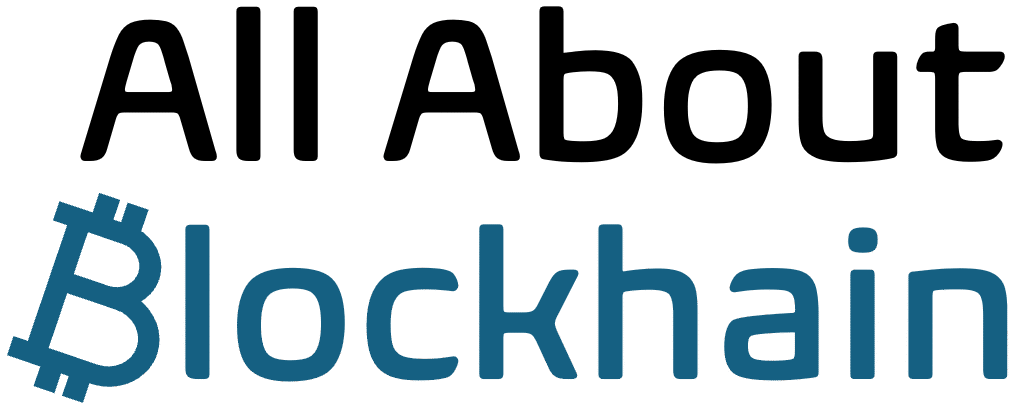Introduction
Governance tokens and DAOs (Decentralized Autonomous Organizations) are revolutionizing how blockchain projects operate by:
- Enabling decentralized decision-making
- Aligning community incentives
- Removing centralized control points
- Creating transparent governance processes
This guide explains how these systems work, their benefits and challenges, and how to participate effectively.
1. What Are Governance Tokens?
Core Definition
Cryptocurrencies that grant holders:
- Voting rights on protocol changes
- Treasury spending authority
- Parameter adjustments
- Future direction input
Key Characteristics
- Voting Power – Usually proportional to holdings
- Value Capture – May entitle to fees/revenue
- Staking – Often required for full rights
- Delegation – Can assign voting power
Examples of Major Governance Tokens
| Token | Protocol | Key Governance Rights |
|---|---|---|
| UNI | Uniswap | Fee switches, treasury |
| COMP | Compound | Interest rate models |
| AAVE | Aave | Risk parameters |
| CRV | Curve | Pool incentives |
2. How DAOs Work
DAO Structure Components
- Smart Contracts – Enforce rules
- Treasury – Community-controlled funds
- Proposal System – Formal change process
- Voting Mechanism – Token-weighted decisions
Common DAO Types
| Type | Purpose | Example |
|---|---|---|
| Protocol DAO | Govern DeFi projects | MakerDAO |
| Investment DAO | Collective investing | The LAO |
| Service DAO | Freelancer coordination | MakerDAO |
| Social DAO | Community building | Friends With Benefits |
The Governance Process
- Discussion – Forum debates
- Temperature Check – Informal polling
- Formal Proposal – On-chain submission
- Voting – Token-weighted decision
- Execution – Automatic implementation
3. Benefits of Decentralized Governance
For Protocols
- Anti-capture mechanisms
- Distributed innovation
- Credible neutrality
- Community alignment
For Token Holders
- Direct influence
- Potential value accrual
- Transparency
- Early participation rewards
Comparison: Traditional vs. DAO Governance
| Factor | Corporations | DAOs |
|---|---|---|
| Decision Speed | Weeks/Months | Days |
| Transparency | Limited | Complete |
| Access | Restricted | Permissionless |
| Incentives | Salaries | Token rewards |
4. Risks and Challenges
Governance Risks
- Voter apathy (low participation)
- Whale dominance
- Proposal spam
- Governance attacks
Technical Risks
- Smart contract vulnerabilities
- Proposal execution bugs
- Parameter misconfiguration
Legal Uncertainties
- Regulatory classification
- Tax implications
- Liability questions
5. How to Participate in Governance
For Small Holders
- Delegate voting power
- Join delegate programs
- Participate in forums
- Join sub-DAOs
For Large Holders
- Submit proposals
- Run delegate campaigns
- Provide voting analysis
- Participate in committees
Tools for Participation
- Snapshot – Off-chain voting
- Tally – Governance analytics
- Boardroom – DAO management
- Commonwealth – Discussion forums
6. Advanced Governance Concepts
veTokenomics
- Vote-escrowed models (Curve)
- Time-locked staking
- Boosted voting power
Futarchy
- Prediction market-based governance
- Bets determine outcomes
- Experimental approach
Multi-sig Committees
- Balanced execution
- Faster emergency actions
- Reduced proposal fatigue
7. The Future of DAOs
Emerging Trends
- Legal wrapper adoption
- Professional delegate markets
- Cross-DAO collaboration
- AI-assisted governance
Potential Developments
- Improved voting mechanisms
- Better sybil resistance
- Enhanced treasury management
- Mainstream adoption
Conclusion
Governance tokens and DAOs represent:
- A new organizational paradigm
- Community-owned networks
- Transparent decision-making
- The future of collective action
While challenges remain, these innovations are fundamentally changing how projects develop and operate in the blockchain ecosystem.
Ready to participate? Start by researching proposals in DAOs aligned with your interests and values.
FAQ
Q: How do I acquire governance tokens?
A: Through protocol usage, exchanges, or liquidity mining rewards.
Q: Can small holders really influence decisions?
A: Yes – through delegation, joining forces, or specialized sub-DAOs.
Q: Are DAOs legally recognized?
A: Varies by jurisdiction – Wyoming and Malta have specific DAO laws.
Q: What’s the difference between a token and a share?
A: Tokens often confer usage rights rather than ownership claims.
